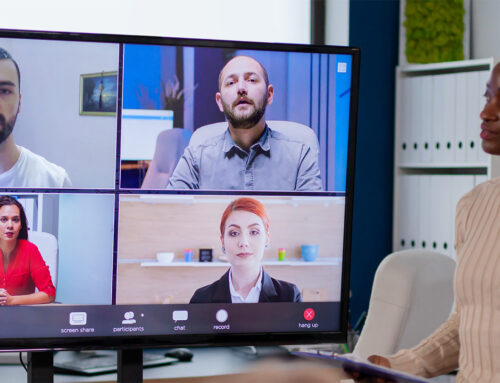Logit’s global network of focus group facilities and online focus group platforms allow for access anywhere.
Focus groups are incredibly important to what we do, as they offer a unique opportunity to create discussions and collaboration amongst respondents while building on each other’s opinions and ideas. Body language & voice tone of the respondent can often play an important role in research.
Our methodologies include general focus group recruiting — both online and offline — as well as bulletin boards.
Bulletin board focus groups give respondents the ability to log on at their leisure and provide feedback over a set period of days, weeks, or months. This allows for greater geographic reach and longer, more in-depth transcripts than any other qualitative methodology.
Logit always recruits from vetted databases. We use a selection of seasoned interviewers who screen and vet each respondent, with multiple points of contact from interviewers. We handle all aspects of recruitment from screening to scheduling to reminders to incentive handling. Simply fill out our online quote form and a Logit Group team member will be in contact with you shortly.
What is a Focus Group?
A focus group is a qualitative research method used to gather in-depth insights into consumer attitudes, perceptions, and behaviours. Typically consisting of 6 to 12 participants, a focus group is led by a moderator who facilitates discussion on a particular topic, product, or service. The goal is to explore how people think and feel, uncovering underlying motivations, beliefs, and opinions that might not emerge through other research methods like surveys or interviews.
Focus groups are often used in market research to test new products, evaluate marketing strategies, or understand customer experiences. The interactive nature of the group setting encourages participants to express their views more openly, leading to richer, more nuanced data. The moderator plays a crucial role in guiding the conversation, ensuring that all voices are heard, and keeping the discussion on track.
The insights gained from focus groups can help businesses make informed decisions about product development, branding, and marketing strategies. However, because focus groups rely on small, non-representative samples, their findings are not statistically generalizable. Despite this, the depth of understanding they provide makes them a valuable tool for exploring complex issues and generating new ideas.
FAQs
Participants in a focus group are typically selected based on specific criteria relevant to the research objective, such as demographic characteristics, purchasing behaviours, or interests. The goal is to gather a diverse range of perspectives while ensuring that participants share enough common ground to contribute meaningful insights on the topic being discussed.
The moderator is responsible for guiding the discussion, asking probing questions, and ensuring that all participants have the opportunity to share their views. They help keep the conversation focused on the research topic while fostering an open and comfortable environment. A skilled moderator can navigate group dynamics and encourage deeper insights by asking follow-up questions or exploring interesting comments further.
Focus groups offer the advantage of generating rich, qualitative insights through interactive discussions, revealing the emotions, motivations, and attitudes behind consumer behaviour. However, their limitations include the potential for groupthink, where participants influence each other’s responses, and the fact that findings are not statistically generalizable due to the small, non-representative sample size.





